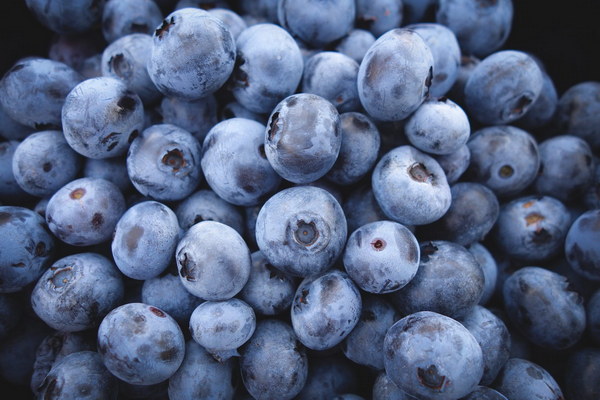Discover the Natural Power of Herbs Effective Lung Detoxification and Phlegm Relief
In today's fast-paced world, where pollution and stress are prevalent, taking care of our respiratory health is more important than ever. One effective way to maintain a healthy respiratory system is by using natural herbs that can help clear the lungs and alleviate phlegm. This article explores the benefits of various herbs and their uses in clearing lung congestion and reducing phlegm production.
1. Eucalyptus (Eucalyptus globulus)
Eucalyptus is a well-known herb that has been used for centuries to treat respiratory conditions. The essential oil of eucalyptus contains cineole, a compound that helps to thin mucus and open up the airways. By inhaling the steam of eucalyptus oil, one can experience relief from congestion, cough, and phlegm. Eucalyptus oil can also be added to a diffuser or mixed with a carrier oil for topical application.
2. Ginger (Zingiber officinale)
Ginger is not only a flavorful spice but also a powerful herb for respiratory health. It has anti-inflammatory properties that can help reduce lung inflammation and congestion. Ginger can be consumed in various forms, such as fresh ginger root, ginger tea, or ginger supplements. Adding ginger to your diet can help in clearing the lungs and reducing phlegm.
3. Thyme (Thymus vulgaris)
Thyme is an aromatic herb that has been used traditionally to treat respiratory infections. It contains thymol, a compound that has expectorant properties, which helps to break down and expel mucus from the lungs. Thyme can be consumed as a tea or added to soups and stews. Additionally, thyme essential oil can be used for inhalation or as a massage oil to relieve respiratory congestion.
4. Mullein (Verbascum thapsus)

Mullein is a natural herb that has been used to treat respiratory conditions for centuries. It contains mucilage, a substance that helps to coat and soothe the respiratory tract, making it easier to cough up phlegm. Mullein can be consumed as a tea or inhaled as a steam to clear lung congestion and reduce phlegm.
5. Licorice (Glycyrrhiza glabra)
Licorice root is another herb that has been used traditionally to treat respiratory conditions. It has anti-inflammatory properties and can help to reduce lung inflammation, which in turn helps in clearing lung congestion and reducing phlegm. Licorice root can be consumed as a tea or in supplement form.
6. Peppermint (Mentha × piperita)
Peppermint is a refreshing herb that can help alleviate respiratory symptoms such as cough and phlegm. It contains menthol, a compound that helps to open up the airways and reduce inflammation. Peppermint can be consumed as a tea or inhaled as a steam to provide relief from lung congestion and phlegm.
7. Goldenseal (Hydrastis canadensis)
Goldenseal is an herb with anti-inflammatory and expectorant properties. It has been used traditionally to treat respiratory infections and to help clear lung congestion. Goldenseal can be consumed as a tea or in supplement form, but it is important to use it sparingly due to its potential side effects.
In conclusion, natural herbs can be a powerful tool in maintaining respiratory health and alleviating lung congestion and phlegm. By incorporating these herbs into your diet or using them in the form of teas, essential oils, or supplements, you can enjoy a clearer and healthier respiratory system. However, it is always advisable to consult with a healthcare professional before starting any new herbal treatment.









